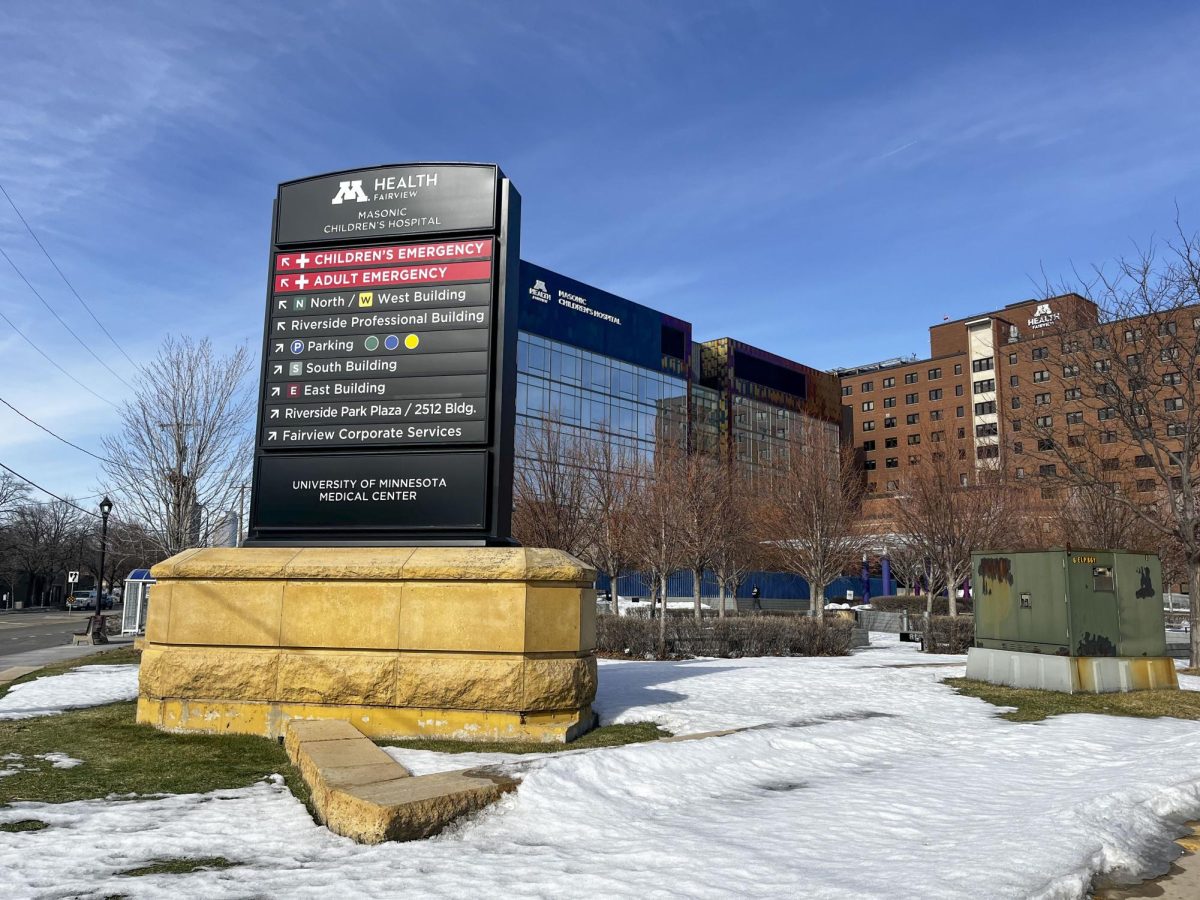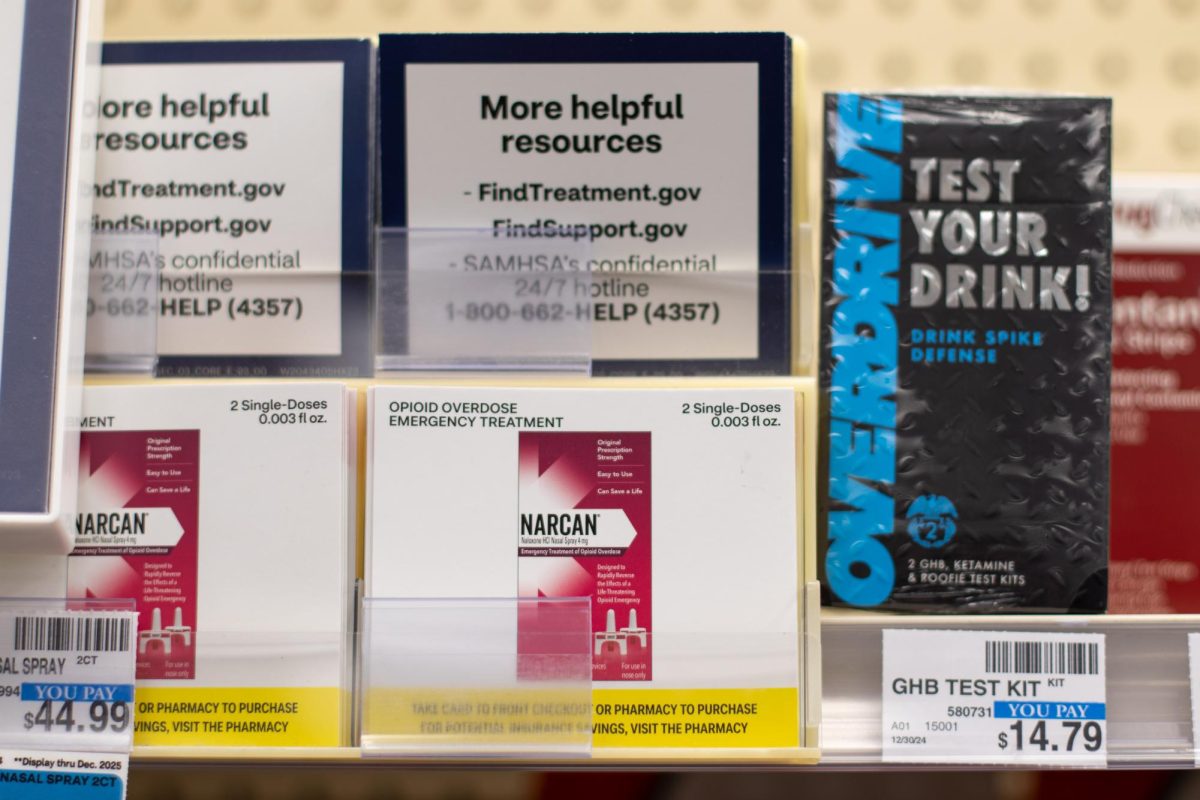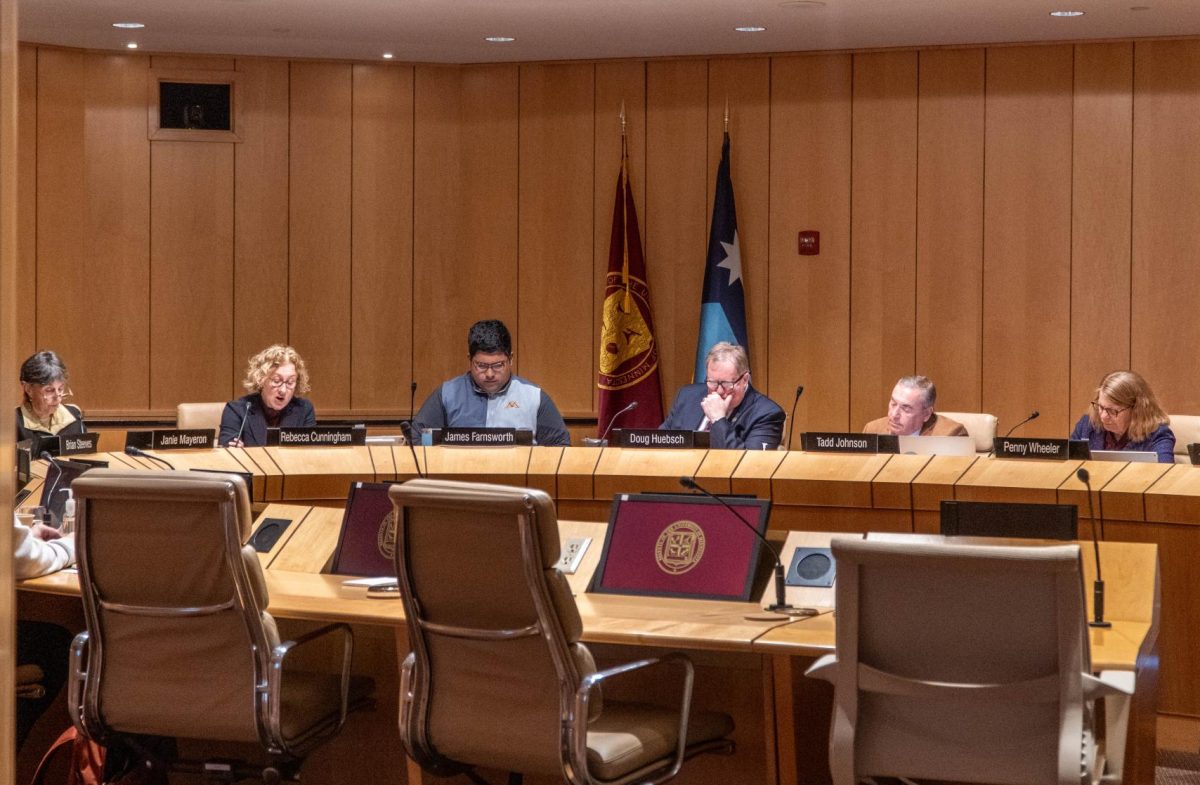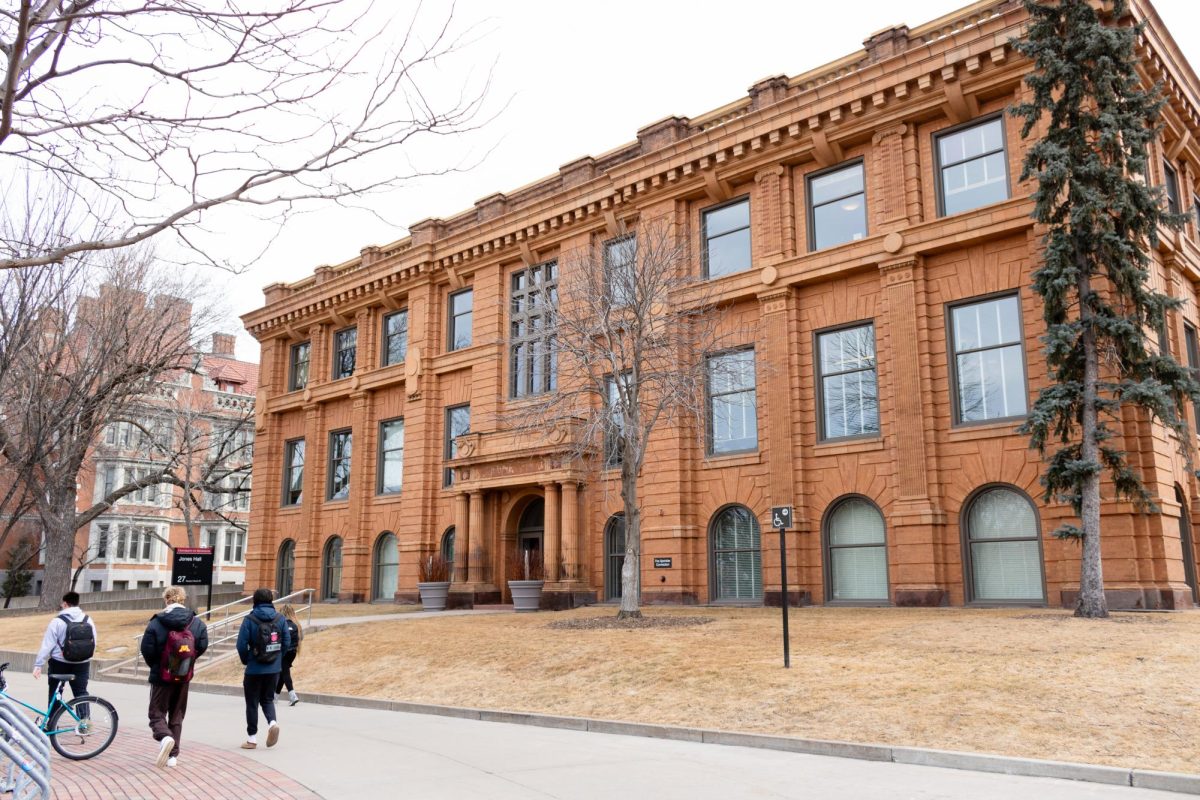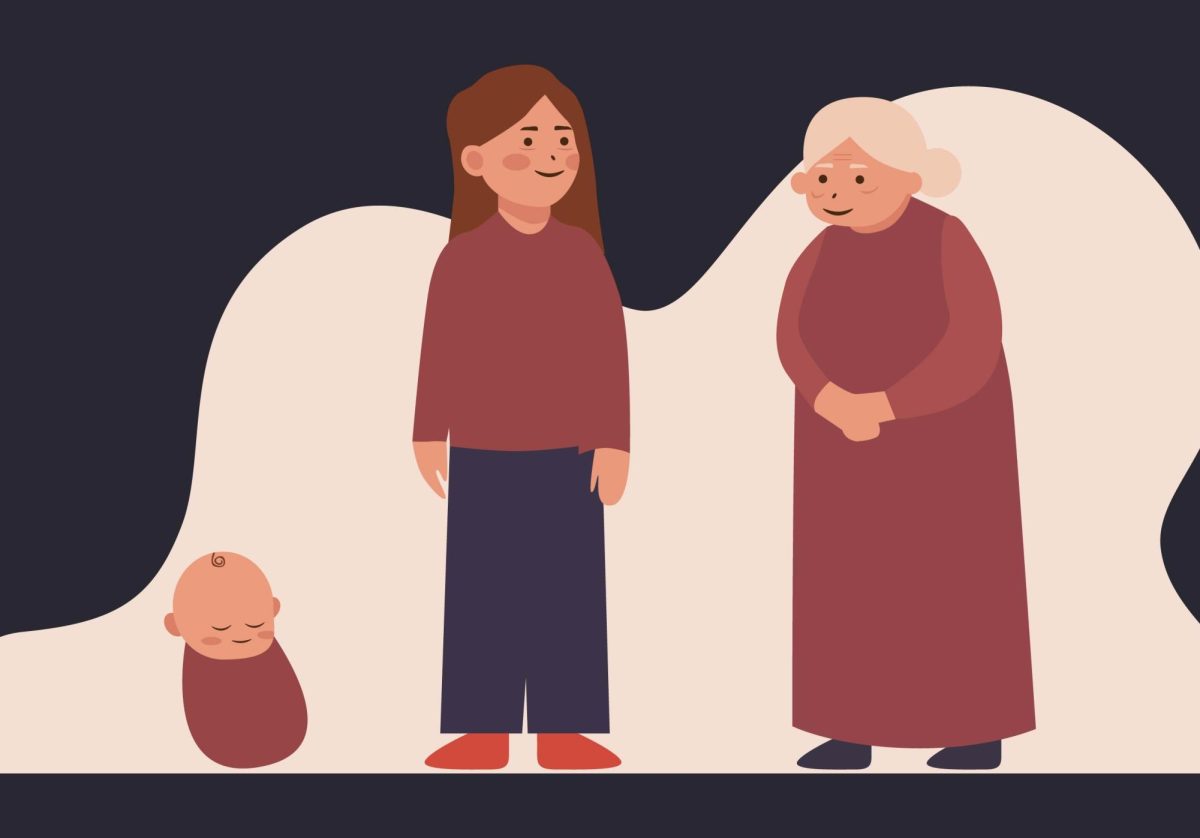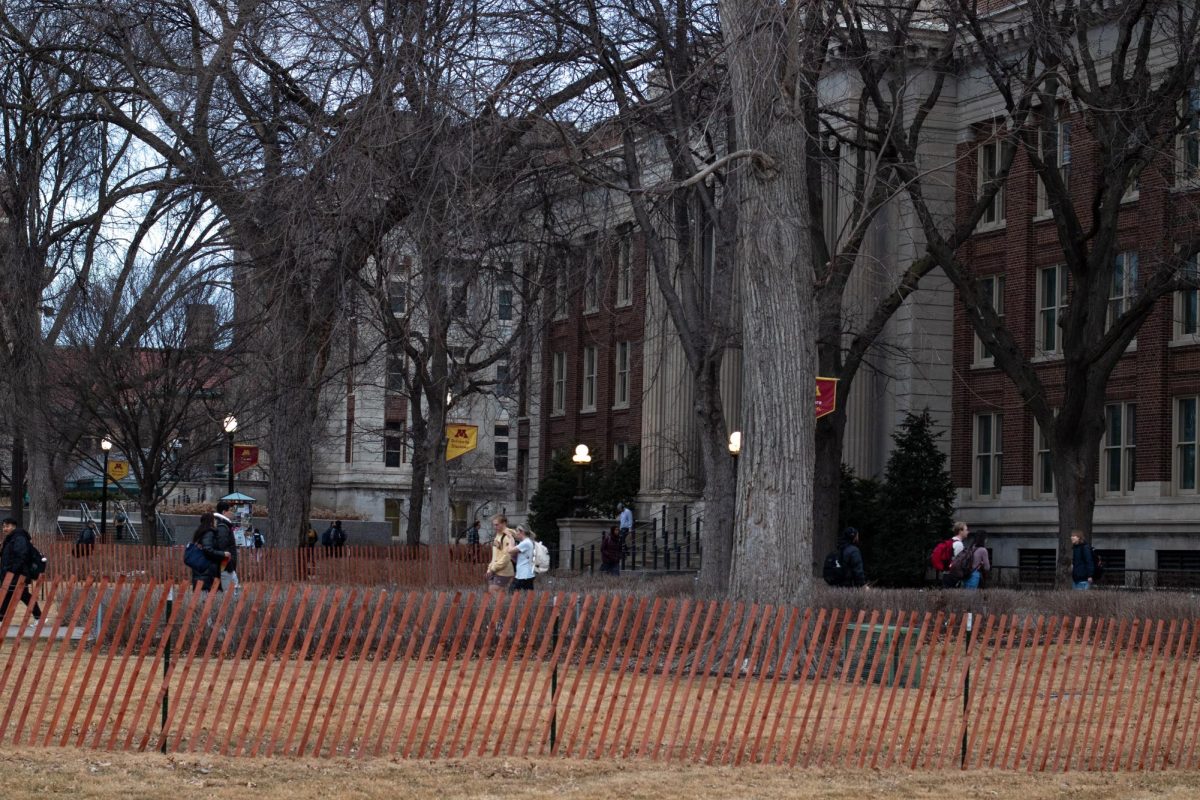The University of Minnesota is expected to announce a new program starting in the fall designed to make library course materials more accessible and affordable.
The program, known as Course Works, will provide students with access to their required course materials for all classes at a fixed rate per semester.
Paige Rohman, senior assistant at University Services, said the University created the program to address concerns about students lacking necessary course materials.
“There’s been an increasing concern that not all students have all the material they need to learn in their classes,” Rohman said. “For some students, it is about cost, but we also know that having access to course materials is the key to successful learning.”
The University plans to send out an email notification about Course Works mid-summer following the approval of the University’s annual budget in June, according to Rohman. Students can view the newly-launched website for more information about the program.
Rohman said students will have two options when purchasing course materials.
According to Rohman, students can enroll in the Course Works Complete program to gain access to all their textbooks for all their classes, which will cost $279 a semester and be billed to a student’s account regardless of their major or the type of courses they are taking. An alternative option students can choose is to enroll in the Course Works Select program, which models the current Inclusive Access program.
The current Inclusive Access program is limited to materials for certain courses, while the Course Works Complete program will automatically include all courses, according to Rohman. Students do not have to opt into either of these programs, but then they will have to purchase materials individually.
“One advantage of this approach is that financial aid can apply to that cost,” Rohman said. “If a student is buying [materials] from Amazon or the bookstore, they either have to have money or a credit card. That’s not always the case for some students who are under-resourced.”
Other universities across the country utilize a similar model, which has been around for about seven years, according to Neil Olness, director of University Bookstores on the Twin Cities campus.
“UC Davis was the first major school to go with the program, and UW-Stout had a program years ago, but it was more of a rental program where you pay a flat fee and get your physical materials as a rental,” Olness said.
Olness added the University conducted a survey last fall sent to students at all campuses about the accessibility of course materials.
“At the Twin Cities campus, 75% of students said they prefer digital [materials],” Olness said. “It’s something unique with a nonprofit, independent bookstore that we can partner with the library to help drive down those costs and get course materials in the hands of students on day one.”
Shane Nackerud, director of affordable learning for the University Libraries, said students will appreciate that they no longer have to go to online platforms to buy physical books since their materials will either be provided digitally or available for pickup at the bookstore.
“It should ease the minds of students and make the start of their semester easier,” Nackerud said.
James Cook, the academic affairs committee director for the Undergraduate Student Government (USG), said this new program will provide flexibility for students to choose how they want to access their materials.
“The biggest thing that called us to get involved was our calling as student representatives to provide feedback to the administration and to the people who are working on this,” Cook said. “We are very much trying to ensure that there is a student voice in the process.”
Cook said students have mixed feelings about the current accessibility of course materials.
“We’ve heard from students, such as STEM majors, who are paying large amounts of money for their texts due to publishing funds,” Cook said. “I sincerely hope that in the future there can be more done to ensure the overall costs of materials for students go down.”
He said students jump through hoops to get course materials through online websites and hopes the process will be seamless.
One significant change Cook said students will notice is less traffic at the University bookstore at the beginning of the semester. Rohman said students will only notice a change with the vendor that works with the University to provide course materials.
“I hope this will allow the Bookstore to divert time and resources to other things besides the intake of requests for books,” Cook said. “I’m hoping it will allow for more flexibility in their day-to-day operations.”







